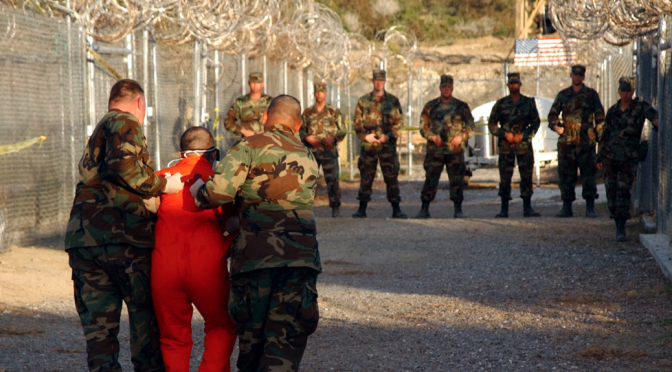The COVID-19 pandemic has brought new attention to what many familiar with Guantánamo Bay have known for years: the military prison lacks the infrastructure, expertise, and equipment to manage and address emergent health issues, including a serious viral outbreak. In this article, defense attorney and former Judge Advocate in the US Air Force Annie Morgan… Continue reading Guantanamo Detention in the Time of COVID-19
Category: Human Rights
Layered Opacity: Criminal Legal Technology Exacerbates Disparate Impact Cycles and Prevents Trust
Predictive policing tools used widely by law enforcement agencies attempt to identify where crime will happen before it does. These analyses determine police deployment, and ultimately, arrest data. In this article, Ben Winters highlights how risk assessment tools use that data, combined with various other inputs, to determine detention, bail, sentencing, parole, and more which… Continue reading Layered Opacity: Criminal Legal Technology Exacerbates Disparate Impact Cycles and Prevents Trust
Lessons for the Next Twenty Years: What We’ve Learned in the Two Decades Since 9/11
LESSONS FOR THE NEXT TWENTY YEARS: WHAT WE’VE LEARNED IN THE TWO DECADES SINCE 9/11 A Note from Editor-in-Chief William C. Banks By any measure the terrorist attacks on the World Trade Center and the Pentagon on September 11, 2001 brought an immediate laser focus to the phenomenon of international terrorism. Though hardly new to… Continue reading Lessons for the Next Twenty Years: What We’ve Learned in the Two Decades Since 9/11



